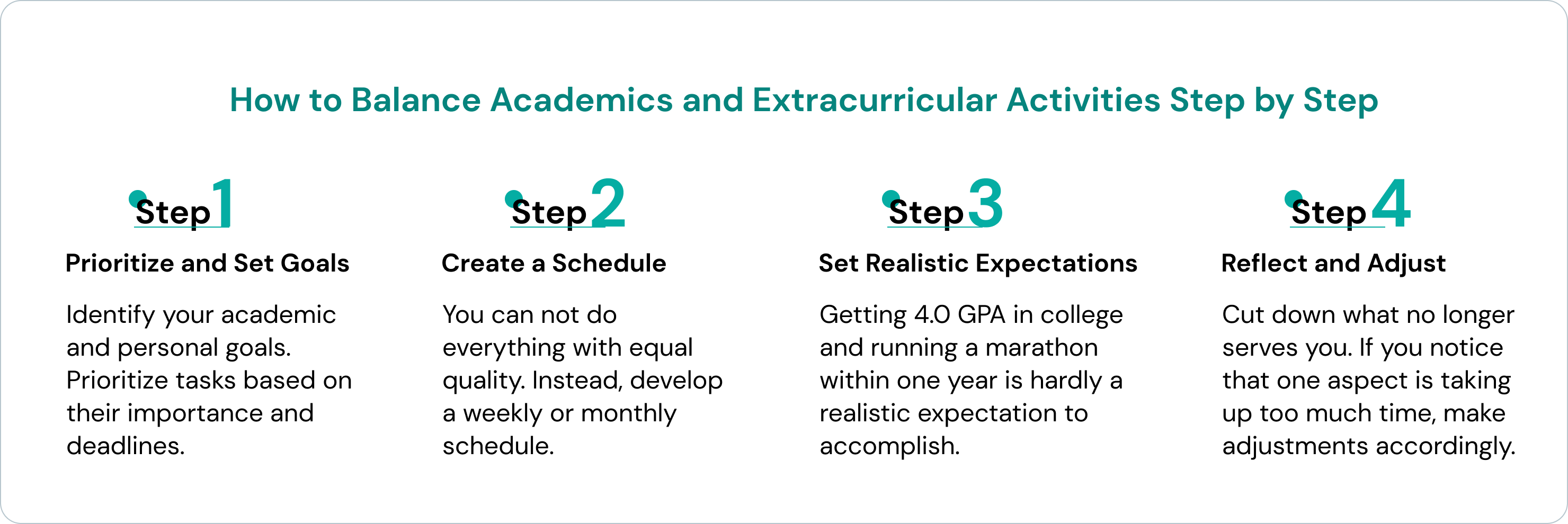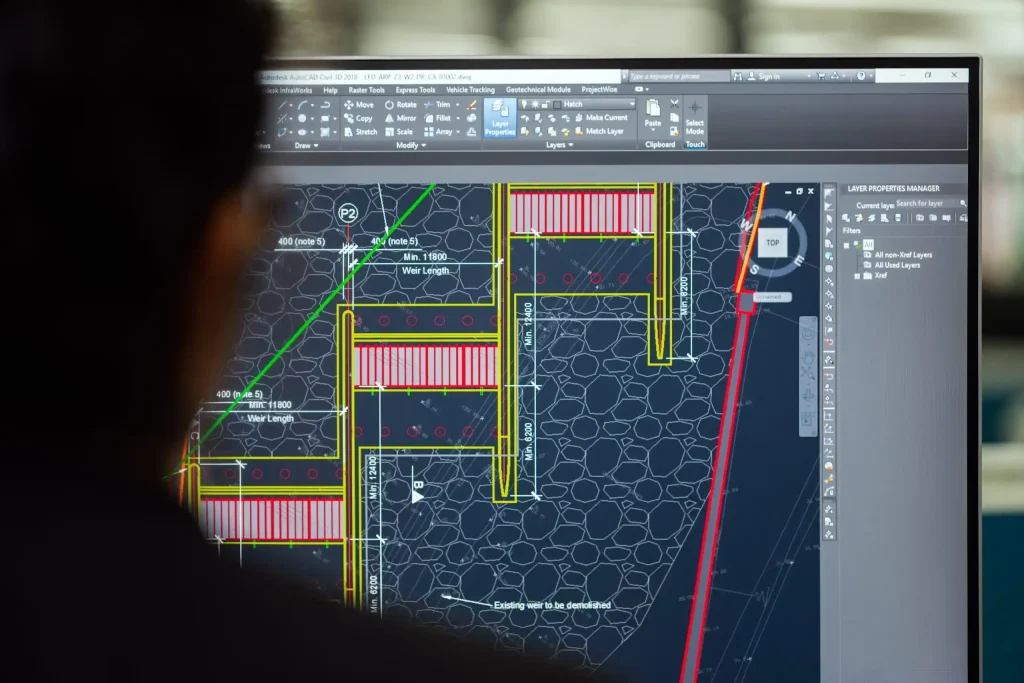The characteristics of “good” and “bad” are arbitrary. We all have our own paths, paces, adult learning strategies, and goals. For one student, passing the minimal bar is good, because they have family, hobbies, a life to live, and many other priorities to take care of. Another student wants to focus on academic pursuits and nothing more for particular years. Both approaches are great, so please, perceive this article about the characteristics of a good student as an inspiration only.
Whatever your definition of “good” is, read the following points, and maybe you will find something new and exciting to integrate into your personality.
Does Academic Excellence Define a Good Student?
The answer to this question is both yes and no, depending on how we define academic excellence.
Defining academic excellence: What is that?
There are two different common approaches to the characteristics of a good college student in terms of academic meaning:
- Measurable grades and rates. A good student is one who manages an academic workload and gets good grades. Whether they write assignments on social media research paper topics or craft lab reports in checmistry, they know how to do their best.
- The mix of non-measurable skills and qualities. A good student is a person with a broad and unique set of personal qualities and skills, including critical thinking, leadership skills, and problem-solving abilities.
As you see, the first approach is rather stereotypical, narrow-minded, and outdated. As much as grades reflect the level of a student’s subject mastery, they do not display one’s “goodness”.
A “good” student is an arbitrary concept. It’s a spectrum of many personal traits, skills, and student’s attitudes to studying.
What are the characteristics of a good student? Academic edition
Yet, before we talk about soft skills, it is true that the characteristics of a good university student are associated with quite measurable technical competencies. Let’s name these first:
- Solid writing skills. Among the characteristics of a good student, essay writing and overall writing skills are some of the most essential assets. You need to write efficiently to prepare assignments, revise, and practice your awareness of the material. You will also need it for your communication with professors.
- Quick and efficient research. One of the terms for students’ academic development is the ability to find what they need on their own. This skill refers both to study material and daily student life. Your research directly affects your critical thinking, problem-solving abilities, and personal development.
- An ability to manage large data volumes. If we talk about the composition characteristics of a good student (the ones that concern coherent and well-composed writing and information management), it includes effective learning strategies. Your personal development path as a student is to learn how to deal with many tasks and information blocks simultaneously.
3 Important Personal Traits for Student Success
A growth mindset in students is a 50% of success
Do you know this feeling when you imagine yourself passing your finals and never repeating this class again? This situation can be included in the characteristics of a good graduate student – this student made it out alive, at the very least (just joking). But, leaving jokes aside, that common situation is the complete opposition to the growth mindset.
A growth mindset is equal to overcoming challenges just so you never stop your development. A “good” student does not perceive finals as the final success point. A lifelong learning mindset means that you are willing to overcome challenges each day of your life, at your pace, and move toward your own goal.
How effectively do you communicate? Revise your communication skills
One important point to note about communication skills or good characteristics of a student is that they are not about pleasing everyone in the community around you. Sometimes when people ask “What are the characteristics of a good student”, they mean “What student can do to meet social expectations”. But being a good student is so much more than that.
For example, effective communication in students may mean these things before anything else:
- An ability to negotiate and arrange your studying needs (for example, visual or aural information perception)
- An ability to stand up for your beliefs
- Awareness of your unique voice in writing and the community
Reflection and personal development are your second nature, aren’t they?
Overcoming challenges and going for your success requires knowing where to go. The easiest way to do so is to nurture your self-awareness, always alert conscious mindset, and critical thinking.
Leadership and Community Involvement: a Critical Impact on Students’ Sucess
Can you be a good and successful introverted student with little social contact and a great desire for studying? Yes, absolutely, you can. But will community involvement and some leadership skills drastically boost your success in college? Also yes, most likely, they will. So here are a few unobvious things about student leadership that you may find interesting to know.
Leadership skills. Leading others or leading yourself
Leadership skills have tons of possible implementations. Here are just a few quick so that you know that leadership is not only about being a main character in every community event:
- Leadership is about vision. You can apply that to your own life as well: lead yourself through challenges first, and then you can lead others.
- Being a leader is being a responsible adult. Many students don’t feel like adults and many 40-year-olds do not feel so too. If you take responsibility for your life, for your choices, and for your academic success, you will already stand out.
- Up to 60% of good student leadership is about effective communication. You will be a good student and leader if you see communication gaps.
Foster global citizenship and cultural awareness. It will pay you back
Cultural awareness serves a few goals in a student’s life. First, it significantly expands the horizons of your critical thinking. Each culture has its mindsets, beliefs, norms, and daily rituals. The more cultures you know, the more flexible and open-minded you become.
Second, cultural awareness is the best way for students to develop a healthy, diverse, and useful network. We all know that part of your success in life is about what people you are surrounded by and what impact they have on you. Cultural awareness is crucial for building international friendships and being gentle about the cultural belief system of another person.
Think Critically, Solve Problems Strategically: Two More Important Traits
We already mentioned critical thinking and problem-solving skills while talking about what are good characteristics of a student. But let’s dive a little bit deeper. Here are some ways how students can develop critical thinking and problem-solving skills while studying in college.
How to overcome academic challenges: good strategies to try
The first piece of advice here is to read an article about common students’ weaknesses and how to overcome them. As soon as it’s done, try these easy steps to enhance your critical thinking and go to the top charts of students in your class:
- Critical thinking is about filtering out important and non-important. Use the 80/20 principle in your studying. Think of what actions that you regularly do have little to no rewarding outcomes.
- The academic excellence of good students depends on their willingness to face challenges. Some students feel numb when facing some academic issues. They ignore the problem until it grows and multiplies and end up with a full bunch of unresolved and twisted challenges. Instead, academically successful students try to sort out each little issue as soon as it emerges.
- Separate your academic challenges from personal ones. Your procrastination is not an academic challenge, it is a personal and psychological problem. These different categories need completely diverse resolving approaches, so sorting them out will bring more clarity to your situation.
Let your problem-solving abilities do their task
Here is an interesting trick to play with your mind. Some students perceive problem-solving situations as a great stress factor. That happens when you feel a lot of pressure with the upcoming task to do, and a lot of fear of not being able to handle the situation.
Here is how that looks from the inside of a student’s brain:
- I have a problem to solve
- I don’t trust myself to be able to handle it
- But I have to handle it! I don’t even have a choice of failing!
- I have to somehow find the resources to do that even though I don’t know where to find it or what to do!
The solution to that problem is simple: you DO know at least SOMETHING. And it’s enough. Rely on your current problem-solving abilities, do what you can learn from the outcomes, and leave it alone.
The goal is not to do everything perfectly. The goal of a good student is to try, make mistakes, make something right, and learn from both outcomes.
How to Balance Academics and Extracurricular Activities: Quick Guide
Developing a sustainable, efficient, and healthy lifestyle as a student is possible. In fact, it may be your working definition of a “good student”, no need for the term to be something big and flashy. If you don’t know where to start in this journey, here are just a few quick steps for you to try:

FAQ:
What academic qualities are essential for a good student?
A good student usually has great research and writing skills and manages great volumes of information.
How do personal attributes contribute to a student’s success?
Personal attributes are. At the end of the day, it is not some abstract robot inside a student’s head who does all the work. Each student has a unique personality, hence personal traits significantly contribute both to understanding success and achieving it.
What is the significance of leadership and community involvement in student development?
Leadership and community involvement are not the first things for students to think about. One can be a happy, successful student without being a leader and just concentrating on studies. However, leadership provides many possibilities, connections, experiences, and lessons for those willing to learn them.





